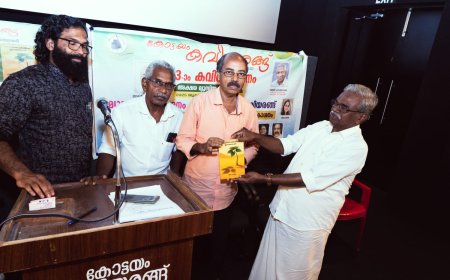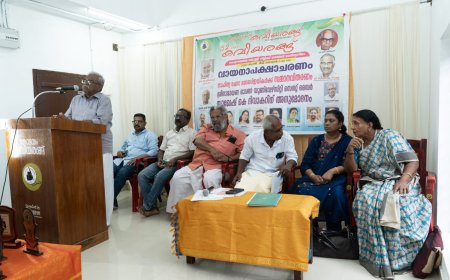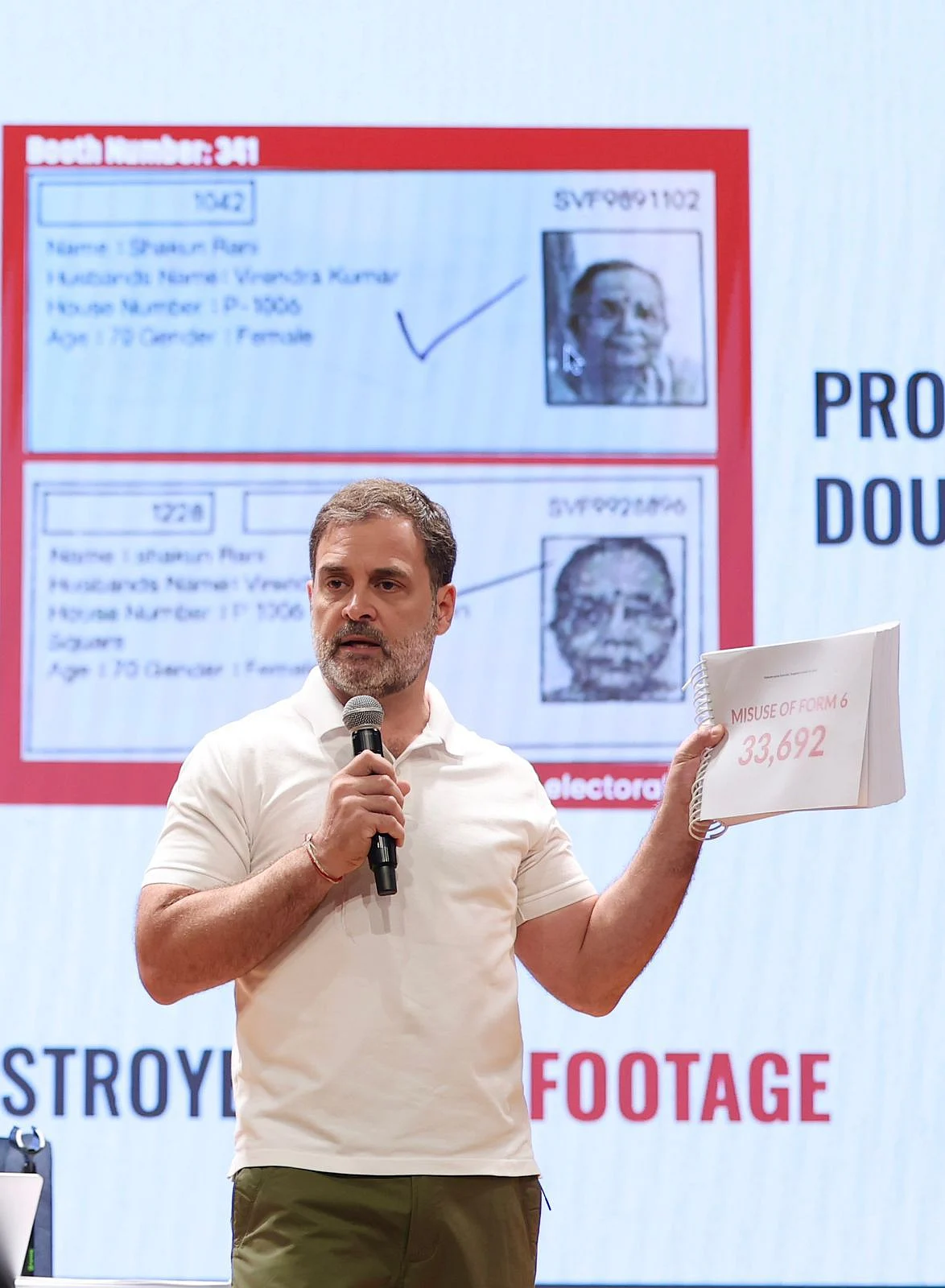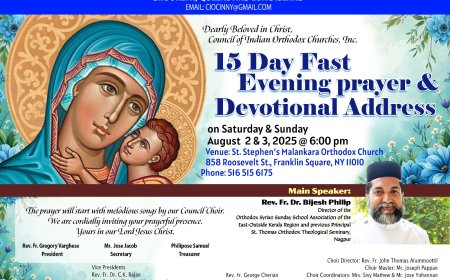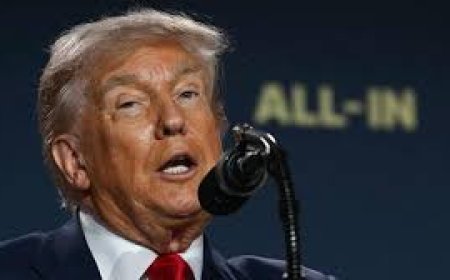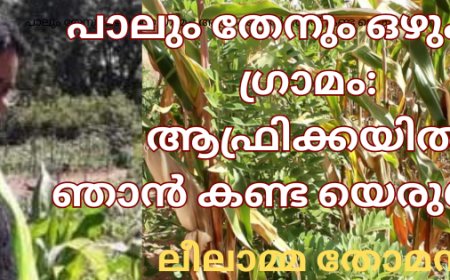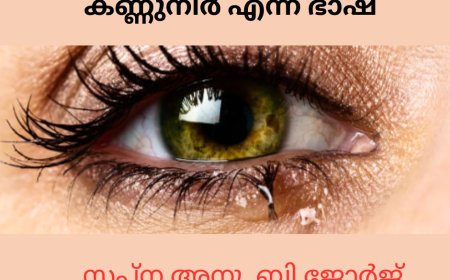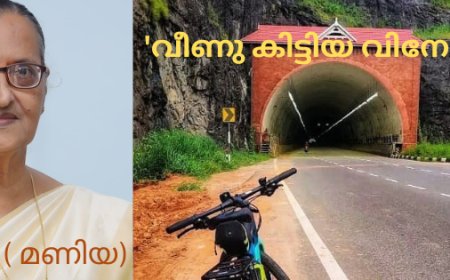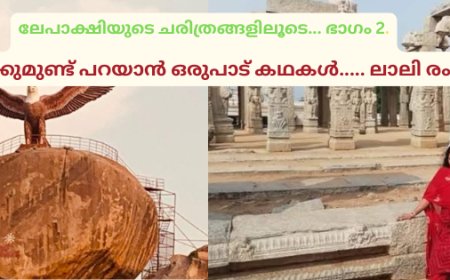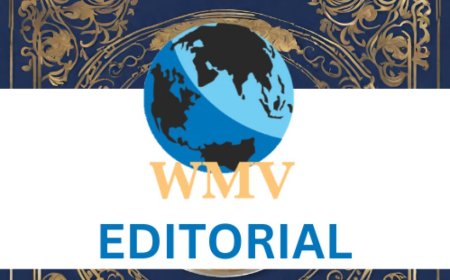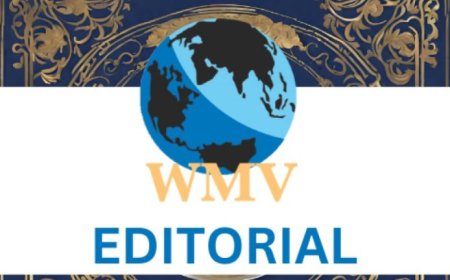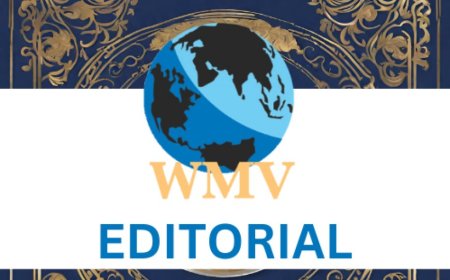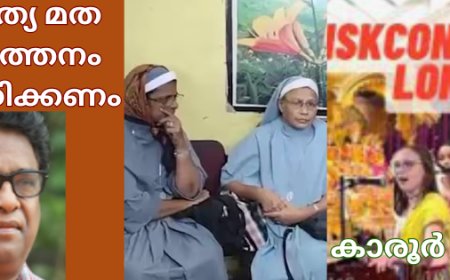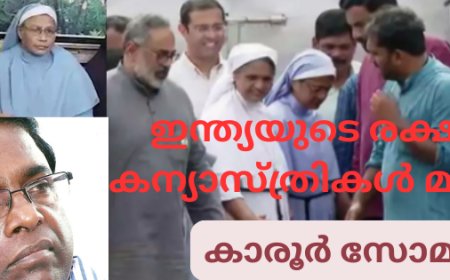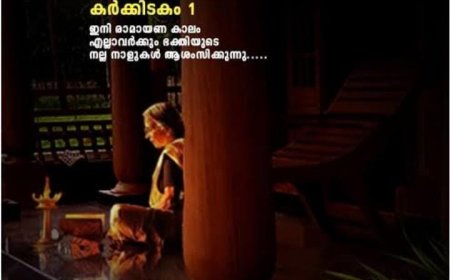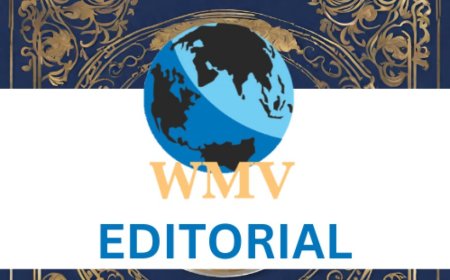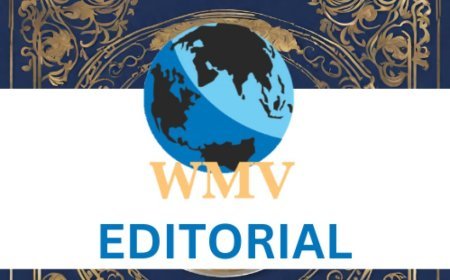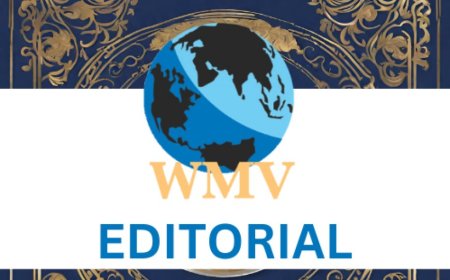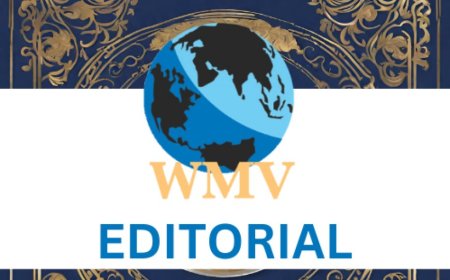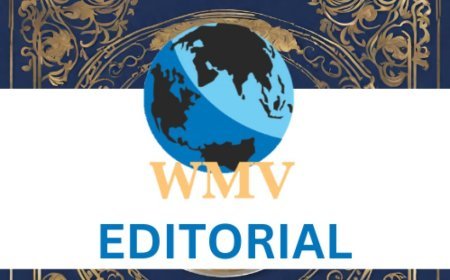From Arundhati Roy to AG Noorani: 25 books banned in Jammu & Kashmir
Follow TNM's WhatsApp channel for news updates and story links.In a sweeping move coinciding with the sixth anniversary of the abrogation of Article 370, the Jammu and Kashmir Home Department has issued a notification banning and forfeiting 25 books, claiming they played a role in spreading “false narratives,” promoting “secessionism,” and “glorifying terrorism.” The government invoked Section 98 of the Bhartiya Nagarik Suraksha Sanhita 2023 to enforce the ban, stating that the books have been found to “excite secessionism and endanger the sovereignty and integrity of India.” Section 98 deals with power to declare certain publications forfeited and to issue search-warrants for the same.The order, issued by Principal Secretary Chandraker Bharti under the authority of Lieutenant Governor Manoj Sinha, said: “Available evidence based on investigations and credible intelligence unflinchingly indicate that a significant driver behind youth participation in violence and terrorism has been the systematic dissemination of false narratives and secessionist literature.”According to the notification, the literature contributes to radicalization by “distortion of historical facts, glorification of terrorists, vilification of security forces, religious radicalization, promotion of alienation, pathway to violence and terrorism,” while masquerading as academic or political commentary. The books, the order stated, impact the “psyche of youth by promoting culture of grievance, victimhood and terrorist heroism.”The banned titles span genres including political history, religious treatises, and socio-political analysis, and feature prominent Indian and international authors. The complete list of the 25 banned books includes:Human Rights Violations in Kashmir – Piotr Balcerowicz & Agnieszka KuszewskaKashmiris Fight for Freedom – Mohd Yosuf SarafColonizing Kashmir: State-Building under Indian Occupation – Hafsa KanjwalKashmir Politics and Plebiscite – Dr. Abdul Gockhami JabbarDo You Remember Kunan Poshpora? – Essar Batool & othersMujahid ki Azan – Imam Hasan Al-Bana Shaheed, edited by Maulana Enayatullah SubhaniAl Jihadul fil Islam – Moulana MaududiIndependent Kashmir – Christopher SneddenResisting Occupation in Kashmir – Haley Duschinski, Mona Bhat, Ather Zia, Cynthia Mahmood Between Democracy & Nation: Gender and Militarisation in Kashmir – Seema KaziContested Lands – Sumantra BoseIn Search of a Future: The Story of Kashmir – David DevadasKashmir in Conflict: India, Pakistan and the Unending War – Victoria SchofieldThe Kashmir Dispute: 1947–2012 – A G NooraniKashmir at the Crossroads: Inside a 21st-Century Conflict – Sumantra BoseA Dismantled State: The Untold Story of Kashmir after Article 370 – Anuradha BhasinResisting Disappearance: Military Occupation and Women’s Activism in Kashmir – Ather ZiaConfronting Terrorism – Edited by Maroof RazaFreedom in Captivity: Negotiations of Belonging along the Kashmiri Frontier – Radhika GuptaKashmir: The Case for Freedom – Tariq Ali, Hilal Bhatt, Angana Chatterji, Pankaj Mishra, Arundhati RoyAzadi – Arundhati RoyUSA and Kashmir – Dr. Shamshad ShanLaw & Conflict Resolution in Kashmir – Piotr Balcerowicz & Agnieszka KuszewskaTarikh-i-Siyasat Kashmir – Dr. AfaqKashmir & the Future of South Asia – Edited by Sugata Bose & Ayesha JalalThese works have been declared “forfeited to the Government,” with all forms of publication, distribution, and possession effectively banned across Jammu and Kashmir. The notification explicitly states that the move is necessary to prevent further youth radicalization and to uphold national integrity.The order has sparked debate across literary, academic, and political circles, as it involves a wide array of voices ranging from international scholars to acclaimed Indian authors and journalists. As of now, there has been no official response from the affected authors or publishers.I've read most of these books & written one. They're well researched & not one glorifies terrorism which this govt claims to have ended. Scared of words challenging your lies!J&K bans 25 books citing ‘false narrative’ and ‘glorification of terrorism’ https://t.co/S9i3Y6DJdQ— Anuradha Bhasin (@AnuradhaBhasin_) August 6, 2025 Banning of books is the most regressive act in a democracy. It reflects an inherent fear of ideas, debate, and dissent. Democracies thrive on the free exchange of thoughts, even those that are uncomfortable or critical of the ‘official truth.’ The moment we ban a book, it signals… pic.twitter.com/1NUcLRmDS6— Manoj Kumar Jha (@manojkjhadu) August 7, 2025
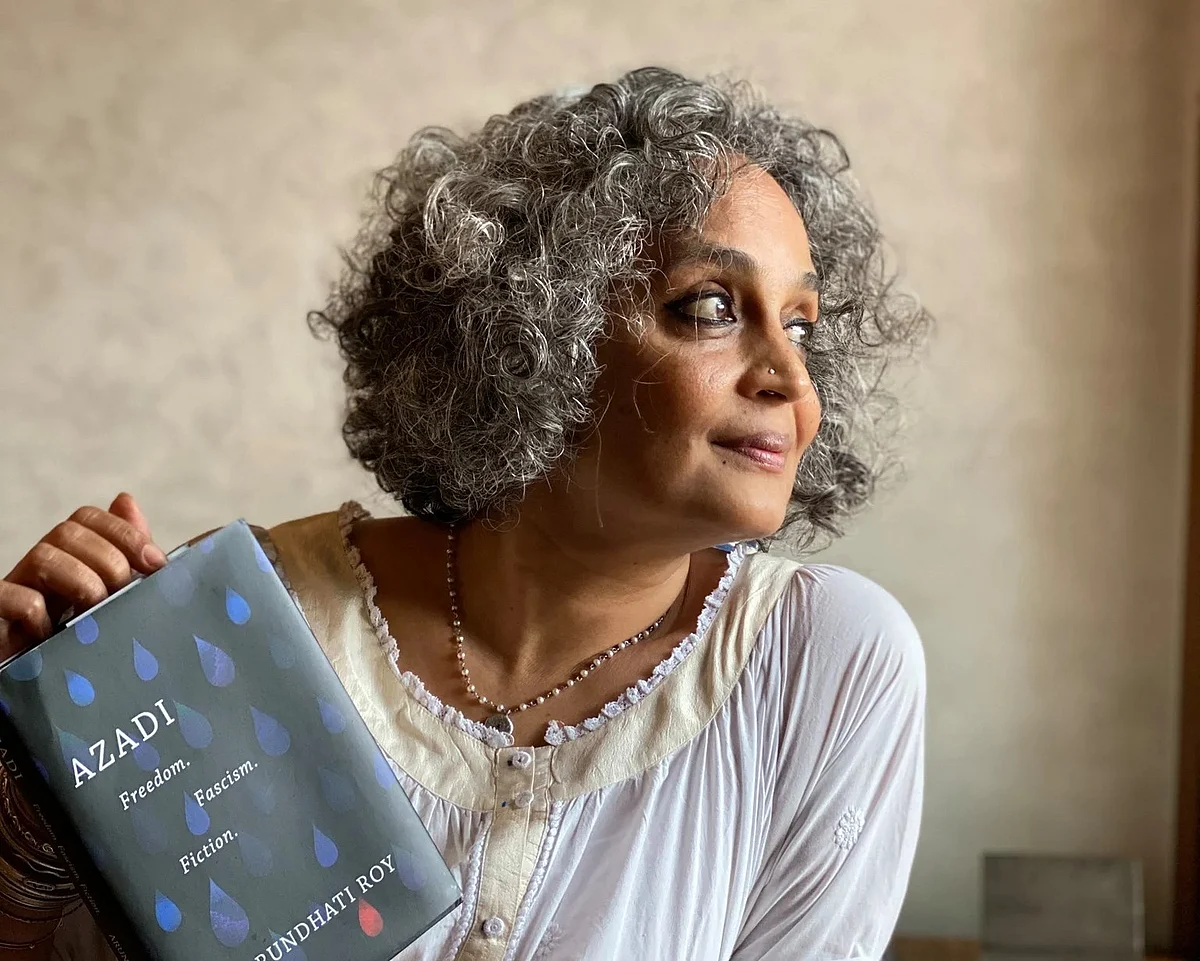
Follow TNM's WhatsApp channel for news updates and story links.
IN a sweeping move coinciding with the sixth anniversary of the abrogation of Article 370, the Jammu and Kashmir Home Department has issued a notification banning and forfeiting 25 books, claiming they played a role in spreading “false narratives,” promoting “secessionism,” and “glorifying terrorism.”
The government invoked Section 98 of the Bhartiya Nagarik Suraksha Sanhita 2023 to enforce the ban, stating that the books have been found to “excite secessionism and endanger the sovereignty and integrity of India.” Section 98 deals with the power to declare certain publications forfeited and to issue search warrants for the same.
The order, issued by Principal Secretary Chandraker Bharti under the authority of Lieutenant Governor Manoj Sinha, said: “Available evidence based on investigations and credible intelligence unflinchingly indicates that a significant driver behind youth participation in violence and terrorism has been the systematic dissemination of false narratives and secessionist literature.”
According to the notification, the literature contributes to radicalization by “distortion of historical facts, glorification of terrorists, vilification of security forces, religious radicalization, promotion of alienation, pathway to violence and terrorism,” while masquerading as academic or political commentary. The books, the order stated, impact the “psyche of youth by promoting culture of grievance, victimhood and terrorist heroism.”
The banned titles span genres including political history, religious treatises, and socio-political analysis, and feature prominent Indian and international authors. The complete list of the 25 banned books includes:
-
Human Rights Violations in Kashmir – Piotr Balcerowicz & Agnieszka Kuszewska
-
Kashmiris Fight for Freedom – Mohd Yosuf Saraf
-
Colonizing Kashmir: State-Building under Indian Occupation – Hafsa Kanjwal
-
Kashmir Politics and Plebiscite – Dr. Abdul Gockhami Jabbar
-
Do You Remember Kunan Poshpora? – Essar Batool & others
-
Mujahid ki Azan – Imam Hasan Al-Bana Shaheed, edited by Maulana Enayatullah Subhani
-
Al Jihadul fil Islam – Moulana Maududi
-
Independent Kashmir – Christopher Snedden
-
Resisting Occupation in Kashmir – Haley Duschinski, Mona Bhat, Ather Zia, Cynthia Mahmood
-
Between Democracy & Nation: Gender and Militarisation in Kashmir – Seema Kazi
-
Contested Lands – Sumantra Bose
-
In Search of a Future: The Story of Kashmir – David Devadas
-
Kashmir in Conflict: India, Pakistan and the Unending War – Victoria Schofield
-
The Kashmir Dispute: 1947–2012 – A G Noorani
-
Kashmir at the Crossroads: Inside a 21st-Century Conflict – Sumantra Bose
-
A Dismantled State: The Untold Story of Kashmir after Article 370 – Anuradha Bhasin
-
Resisting Disappearance: Military Occupation and Women’s Activism in Kashmir – Ather Zia
-
Confronting Terrorism – Edited by Maroof Raza
-
Freedom in Captivity: Negotiations of Belonging along the Kashmiri Frontier – Radhika Gupta
-
Kashmir: The Case for Freedom – Tariq Ali, Hilal Bhatt, Angana Chatterji, Pankaj Mishra, Arundhati Roy
-
Azadi – Arundhati Roy
-
USA and Kashmir – Dr. Shamshad Shan
-
Law & Conflict Resolution in Kashmir – Piotr Balcerowicz & Agnieszka Kuszewska
-
Tarikh-i-Siyasat Kashmir – Dr. Afaq
-
Kashmir & the Future of South Asia – Edited by Sugata Bose & Ayesha Jalal
These works have been declared “forfeited to the Government,” with all forms of publication, distribution, and possession effectively banned across Jammu and Kashmir. The notification explicitly states that the move is necessary to prevent further youth radicalization and to uphold national integrity.
The order has sparked debate across literary, academic, and political circles, as it involves a wide array of voices ranging from international scholars to acclaimed Indian authors and journalists. As of now, there has been no official response from the affected authors or publishers.
I've read most of these books & written one. They're well researched & not one glorifies terrorism which this govt claims to have ended. Scared of words challenging your lies! Banning of books is the most regressive act in a democracy. It reflects an inherent fear of ideas, debate, and dissent. Democracies thrive on the free exchange of thoughts, even those that are uncomfortable or critical of the ‘official truth.’ The moment we ban a book, it signals… pic.twitter.com/1NUcLRmDS6
— Manoj Kumar Jha (@manojkjhadu) August 7, 2025
J&K bans 25 books citing ‘false narrative’ and ‘glorification of terrorism’ https://t.co/S9i3Y6DJdQ
— Anuradha Bhasin (@AnuradhaBhasin_) August 6, 2025




